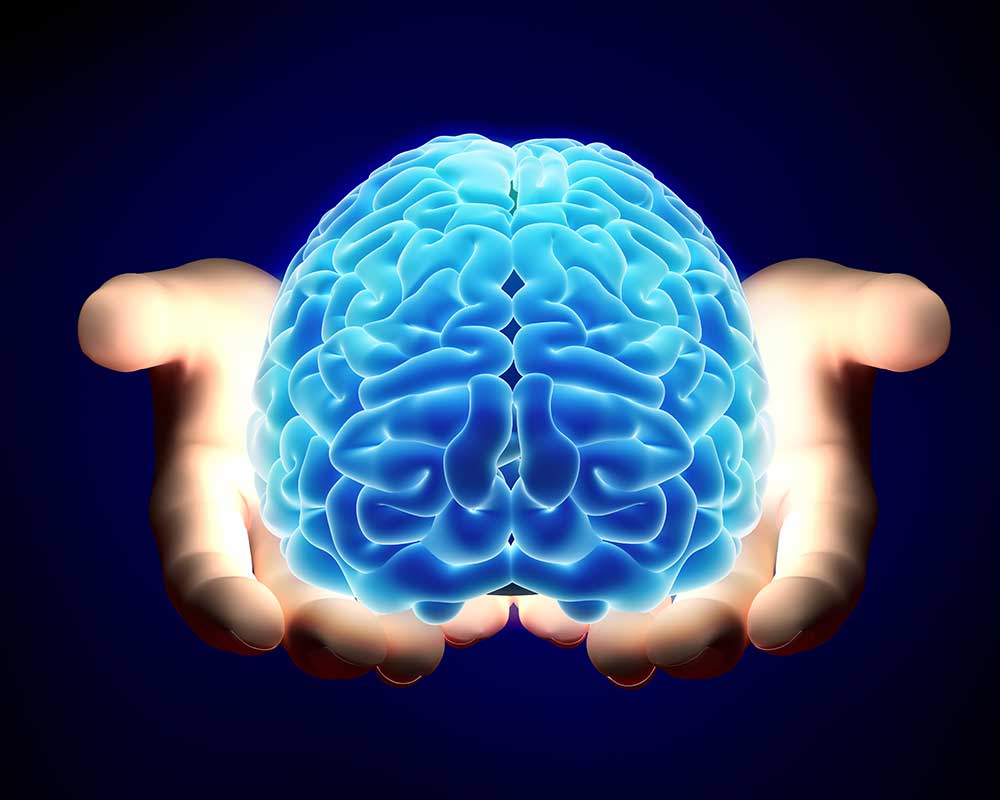We Help You
Experience Wholeness
Everyone experiences difficulties and stresses in life: professional, competent counseling can help. We provide counseling services to adult individuals. Through the counseling process, personal insights are gained for healing, growth and satisfying relationships. Becoming educated on issues that impact our lives is a positive first step towards effectively navigating the challenges we face. Through a collaborative therapeutic relationship with a trusted counselor, clients become equipped to accomplish the change they seek.
How We Work
-
Narrative
-
Internal Reflection
-
Creative Expression
-
Faith and Spirituality
-
Somatic Therapy
-
Holistic Approach
-
Compassionate Based Cognitive Therapy
-
Psychodynamic Therapy
Testimonials
About Barbara Carlin
Barbara Carlin is Owner and Founder of Horizon Counseling & Consulting, LLC, located in Atlanta, Georgia. As a Licensed Professional Counselor and National Board Certified Counselor, she takes satisfaction in working with individuals, groups and conducting workshops. She often is invited to speak on a multitude of topics related to mental health and personal well-being.










